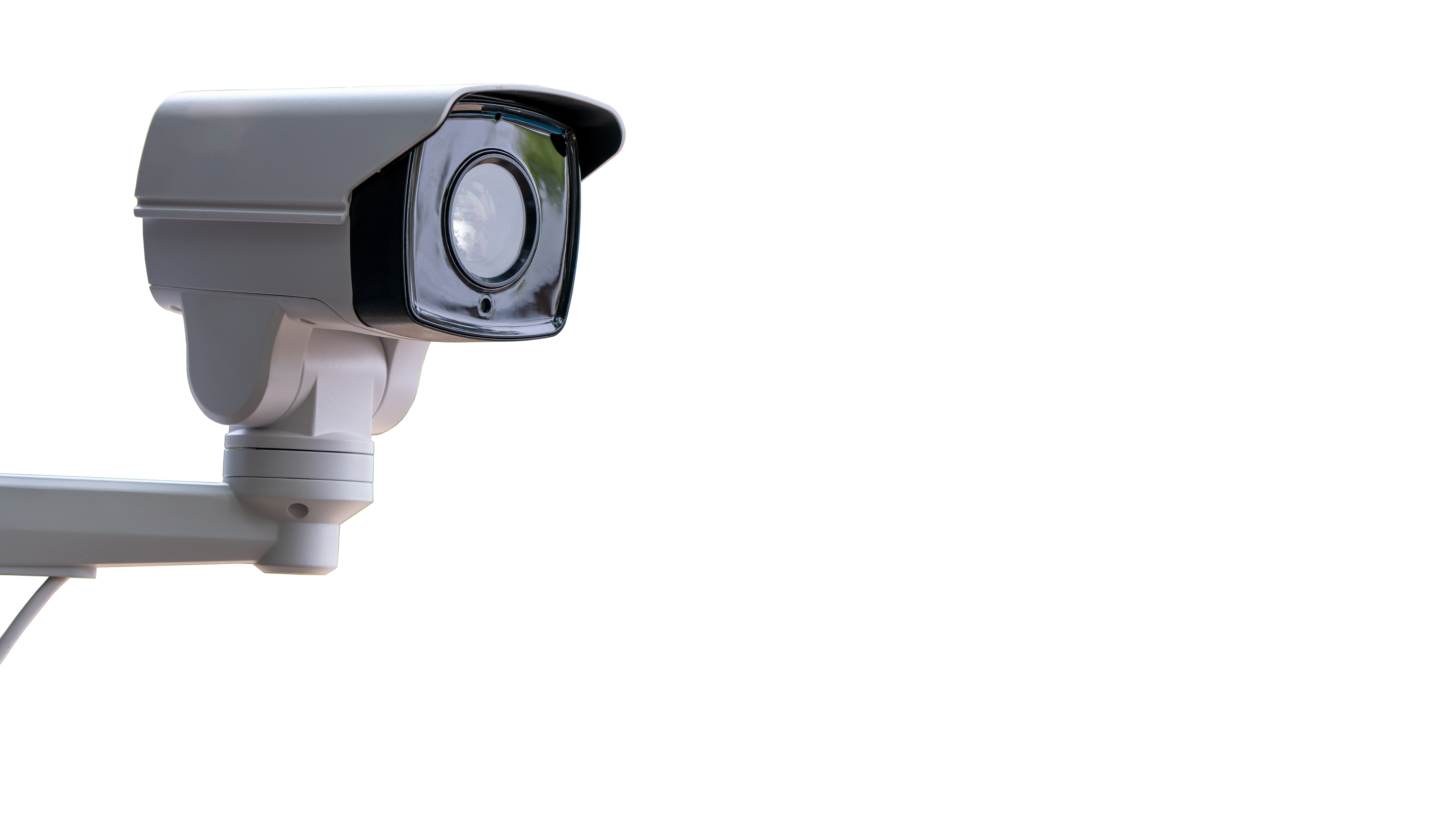Safeguard Your Sanctuary: Master Home Security System Installation
Looking to secure your home and peace of mind? Find trusted installation services that fit your safety needs.

Types of Home Security Systems
Home security systems can be broadly categorized into two types: wired and wireless systems. Wired systems require a physical connection between sensors and the central control panel, while wireless systems use radio signals. Wireless systems are generally easier to install and can be more flexible in terms of placement and expansion. Additionally, smart security systems have become increasingly popular, allowing homeowners to monitor and control their security remotely via smartphones or tablets.
Key Components of a Home Security System
A comprehensive home security system typically includes several key components:
- Control Panel: The brain of the system, where all the data from various sensors is processed.
- Sensors: These include door and window sensors, motion detectors, and glass break sensors, all of which detect unauthorized entry.
- Security Cameras: Used for surveillance, they can be placed both indoors and outdoors.
- Alarm Sirens: Emit loud noises to alert homeowners and deter intruders.
- Monitoring Services: Professional monitoring services provide 24/7 surveillance and can alert authorities when a breach is detected.
Installation Process and Costs
Installing a home security system can either be a DIY project or completed by a professional. DIY installations are typically more cost-effective, with wireless systems being particularly user-friendly. However, professional installation ensures that the system is set up correctly and functioning optimally. The cost of installation varies significantly based on the complexity of the system and the service provider. On average, a basic system can cost between $250 and $1,000, with monthly monitoring fees ranging from $10 to $501.
Benefits of a Home Security System
The primary benefit of a home security system is peace of mind. Knowing that your home is protected 24/7 is invaluable. Moreover, homes equipped with security systems are three times less likely to be burglarized2. Additionally, many insurance companies offer discounts on homeowners' insurance premiums for homes with installed security systems, leading to long-term savings3.
Choosing the Right System for Your Home
Selecting the right home security system involves assessing your specific needs and budget. Consider factors such as the size of your home, the level of control you want, and whether you prefer professional monitoring. It’s also important to select a reputable provider with a proven track record in customer service and reliability. Reading customer reviews and seeking recommendations can be helpful in making an informed decision.
Real-World Impact
The real-world impact of home security systems is evident in numerous success stories where break-ins were thwarted, and property was protected. For instance, a study by the University of North Carolina found that 60% of convicted burglars would avoid homes with visible security systems4. This statistic highlights the deterrent effect of visible security measures.
The adoption of home security systems is on the rise, driven by advancements in technology and a growing awareness of their benefits. As these systems become more accessible and affordable, more homeowners are empowered to take control of their home security.
In safeguarding your sanctuary, understanding and mastering the installation of a home security system is a critical step. Whether you choose a simple DIY setup or a comprehensive professionally installed system, the peace of mind that comes with knowing your home is secure is priceless.